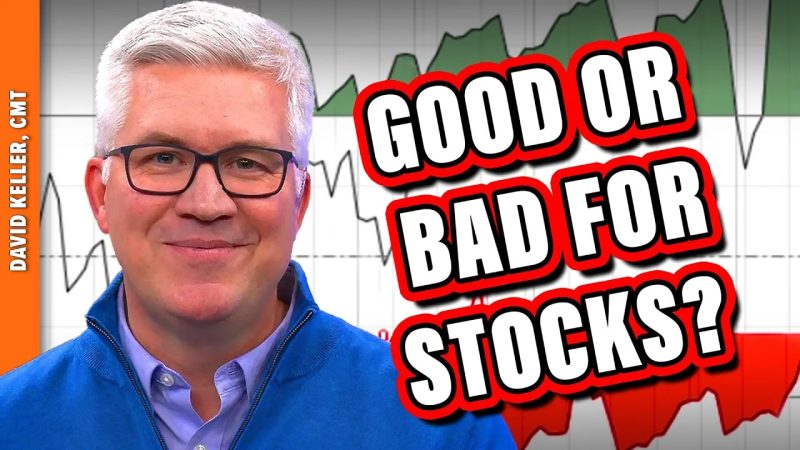Investors often find themselves questioning whether extremely overbought conditions in the stock market are beneficial or detrimental. In the world of trading, overbought conditions are a recurring theme that can provoke uncertainty and anxiety among market participants. This article aims to delve into the concept of overbought conditions and explore their potential implications for stock prices.
To begin with, it is crucial to understand what overbought conditions represent. In technical analysis, an overbought condition occurs when the price of a stock or market index has risen sharply and quickly, leading to a situation where the asset’s value appears to have surpassed its intrinsic worth. This phenomenon typically results in the market being at a relatively high valuation compared to historical norms or fundamental metrics.
One common indicator used to identify overbought conditions is the Relative Strength Index (RSI). The RSI measures the speed and change of price movements, providing insights into whether a particular asset is overbought or oversold. When the RSI value exceeds a certain threshold, such as 70, it is considered to be in overbought territory, signaling a potential reversal or correction in the near future.
While overbought conditions may instill fear in some investors, it is essential to recognize that they do not guarantee an impending market crash or significant downturn. Instead, overbought conditions serve as a warning sign that the market may be due for a pullback or consolidation phase. This adjustment can help cool down the rapid ascent of stock prices and restore a sense of equilibrium to the market.
Moreover, overbought conditions can be indicative of strong bullish momentum and investor optimism. In a market environment characterized by excess buying pressure, stock prices may continue to climb higher as investors flock to capitalize on the uptrend. This enthusiasm can create positive feedback loops that further drive prices upwards, leading to additional gains for investors who ride the wave of optimism.
On the flip side, overbought conditions can also signal a heightened risk of a market correction or reversal. When stock prices become disconnected from underlying fundamentals or economic realities, the potential for a swift and sharp downturn increases. Investors who are overly exposed to overbought assets may face significant losses if a correction materializes, highlighting the importance of maintaining a diversified portfolio and risk management strategies.
In conclusion, the presence of overbought conditions in the stock market can elicit mixed reactions from investors. While they may signal an overheated market and increased vulnerability to a pullback, overbought conditions can also represent strong bullish momentum and upward potential. By understanding the nuances of overbought conditions and incorporating risk management practices, investors can navigate market fluctuations with greater confidence and resilience.
